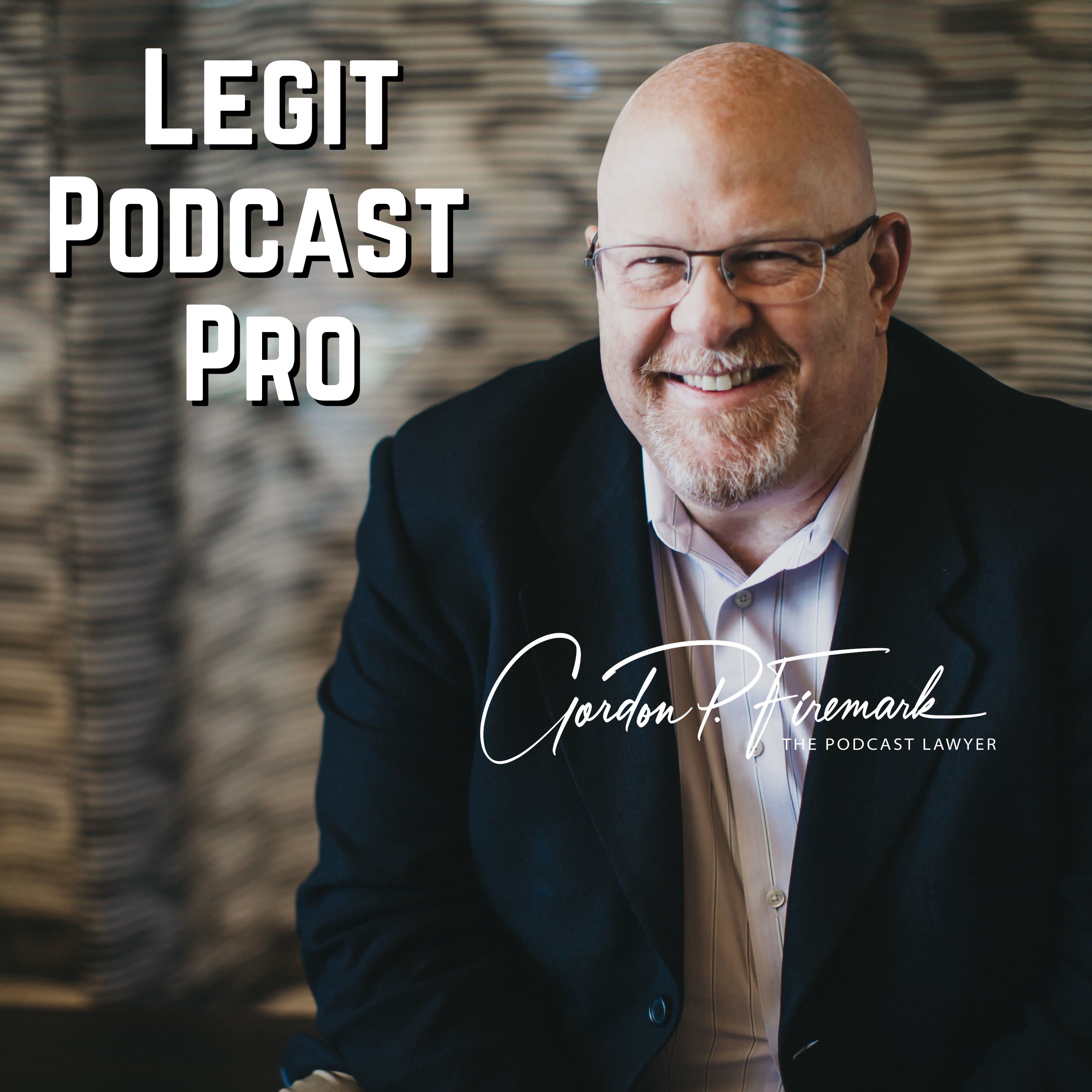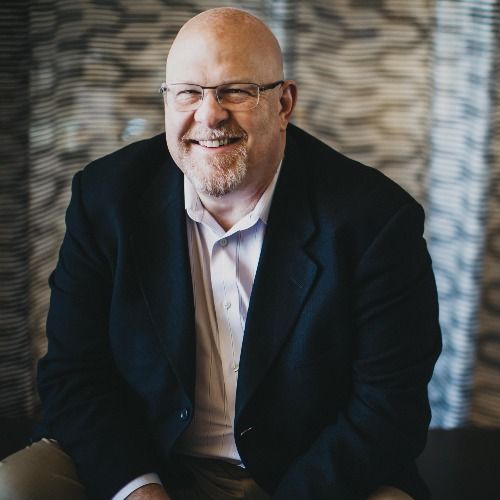full
Can Copyright Law Protect Your Reputation?
Can copyright law protect your reputation?
Hello and welcome to Legit Podcast Pro, I’m Gordon Firemark, The Podcast Lawyer™ . This podcast is for you if you’re serious about podcasting… whether in your business, as a career, or as a sideline. On this show, you’ll get tips, strategies and advice from me and my guests on how to protect, grow and profit from your podcast.
In this episode, I explain how a recent case arose, where we leveraged copyright principles to stop damage to the podcaster’s reputation.
Get the Podcaster's Business & Legal Checklist mentioned in this episode: https://podcasterchecklist.com
#podcast #law #legal #copyright #defamation #libel #podcastlawyer
Transcript
Can copyright law, protect your reputation?
Hello and welcome to Legit Podcast Pro, I’m Gordon Firemark, The Podcast Lawyer™ . This podcast is for you if you’re serious about podcasting… whether in your business, as a career, or as a sideline. On this show, you’ll get tips, strategies and advice from me and my guests on how to protect, grow and profit from your podcast. So let’s get started with today’s topic.
I hear a lot of creators.. podcasters and YouTubers complaining about copyright, and how it stifles their creativity, how it’s just big companies cashing in, and making it harder for the creative community to do their thing, since getting permission is hard, or expensive, or whatever.
And I have my own issues with that line of thinking… but that’s not what today’s session is about.
No, today, it’s about YOUR copyright. And how you can use your copyright to protect not just your work, butCan copyright law, protect your reputation?
I know it seems like an odd idea, doesn’t it? after all, reputation issues are usually handled with privacy law, and or the law of defamation, ( libel and slander)
But not long ago, I had a call from a Youtube Podcaster, whose reputation is being tarnished by a former guest. And after she explained what’s been happening, I recommended using a little bit of copyright law to do the heavy lifting to protect herself. And the best thing… she was able to do this for herself. She didn’t need to pay me to do anything more than give her a little advice and get her pointed in the right direction.
Here’s what’s happened:
She has this guest come on, and it is a terrific interview, they have a good time, get into some meaty issues, and podcaster publishes the episode.
Sometime later, the Podcaster discovers that the guest has downloaded the video of the episode, taken a few short excerpts, and added material to them, changing the medium, and the message in a way that the podcaster feels damaging to the her image and reputation.
So, what can this podcaster do about it?
Well, we analyzed the situation quite extensively.
The changes made, were mainly to the context of what was being said, and not the actual words. This guest had superimposed images, and used quotes to advance his own agenda, without the Podcasters permission.
so, while there might be some privacy concerns over this guests, use of the Podcaster’s name, voice, and likeness, those kinds of cases are extremely difficult to win.
The same is true for the so-called right of publicity, which only exists in certain states.
But copyright law is what provides the best remedy.
The Podcaster, who created the episode from which the excerpt was taken is the owner of copyright in that episode.
That means that any person who wishes to use, copy, distribute, publish, perform, or, make edited versions of the material in that episode, needs the Podcasters permission. Without it, the result is copyright infringement.
And, since the material has been posted online, the DMCA, the digital millennium copyright act, provides a fast remedy. By notifying the host of the offending material, the Podcaster is able to get it taken down off of the company servers almost immediately.
In this instance, because there’s so much else going on we also sent a strongly worded cease and desist letter, making it clear that should the material be reposted, or other similar material, be created without authorization, legal action for cooperate infringement, unfair, competition, false light, invasion of privacy, and defamation will follow.
Now, it should be noted, that anytime one takes this kind of action, whether a DMCA takedown notice, or a cease-and-desist letter, counteraction is possible. Under the DMCA, for example, the poster of the allegedly infringing material can petition to have the material restored, where upon the copyright owner is required to pursue litigation in short order. And nowadays we have the Copyright Claims Board, sort of a small-claims court for copyright issues… so even that isn’t as costly and difficult as it used to be.
AND… , when sending a cease-and-desist letter, there is always a risk that the recipient will file a lawsuit first, seeking a judicial declaration that there is no infringement or other violation of anyone’s rights.
But that’ really only a problem if you’re wrong… that it’ not an infringement, or it IS protected fair use… and that’s not usually the case.
So, YES, copyright law CAN help you protect your reputation, by giving you full, exclusive control over where and how your content is used!
So maybe copyright isn’t all bad, huh?

